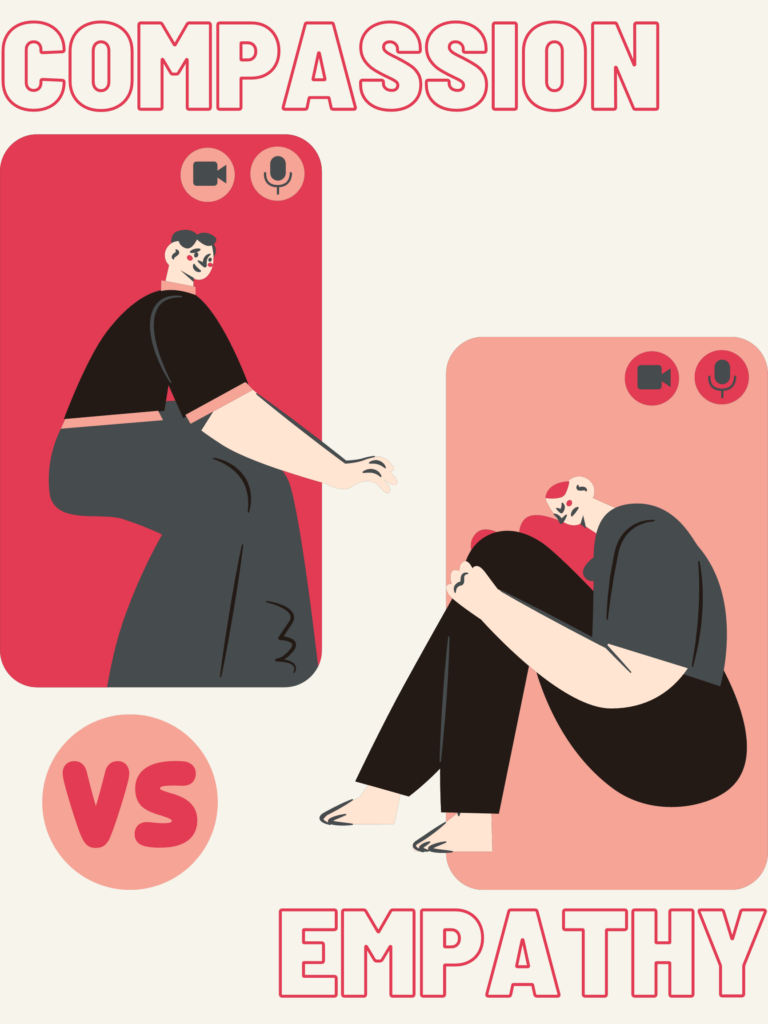
Today we’re going to battle compassion vs. empathy. Have you ever been around someone who is really struggling and instead of feeling compassion for them, you end up feeling empathetic? What’s the difference between compassion and empathy? And which one should we be striving for? Continue reading to find out!
Many people use the words “compassion” and “empathy” interchangeably, but there is a big difference between the two concepts. Compassion is about feeling sympathetic toward someone who is suffering and wanting to help them, while empathy is about understanding and feeling what the other person is feeling. In order to be truly compassionate, you need to have empathy for others, but you don’t necessarily need empathy in order to be compassionate.
There are times when it’s important to feel compassion without understanding exactly what the other person is going through – for example, if you see someone on the street who is homeless and begging for money, you may not know their story, but you can still feel sympathy for them and want to help. On the other hand, there are times when it’s important to understand what the other person is feeling – for example, if you’re counseling someone who has been raped or abused, it’s essential that you have a good understanding of their feelings in order to provide effective support.
Compassion without empathy can be useless because it doesn’t allow us to understand why the other person is suffering. We might feel bad for them, but we don’t really know what they’re going through. This can lead to us making assumptions about their situation and feelings, which can be harmful or even hurtful.
On the other hand, empathy without compassion is very dangerous. How is this so? It allows us to understand others’ feelings but not necessarily feel pity or sorrow for them. We might know exactly what they’re going through, but we might not care about their suffering. This can lead us to exploit or manipulate others for our gain or ignore their pain.
Ideally, combining the two gives us the best chance at human connection, understanding, and joy. It is this union that allows us to heal our broken world.
So, what more can you learn about these two terms? Read on.
Some key points we’re going to cover in this post are:
- What is compassion?
- What is empathy?
- Compassion vs. Empathy: what’s the difference?
What Is Compassion?
Compassion is a feeling of deep sympathy and sorrow for another who is suffering, accompanied by a strong desire to help. The word comes from the Latin word “com” (meaning “together”) and “passio” (meaning “suffering”), so it literally means “to suffer with.” Compassion is one of the essential virtues in any religion, as it is considered one of the fruits of the Holy Spirit.
One of the clearest biblical examples of compassion is when Jesus healed the leper in Mark 1:41. After healing him, Jesus said,
“Go and show yourself to the priest and offer the sacrifice Moses commanded for your cleansing as a testimony to them.”
Even though Jesus had just healed him, the leper was not considered healed until he had shown himself to the priest and offered the prescribed sacrifice. This was an act of compassion on Jesus’ part, as He understood that being healed would not mean much if the leper couldn’t go back to his community and live everyday life.
Compassion is also associated with wisdom too. Again, I’ll quote Fred Kofman, who said:
“Wisdom without compassion is ruthlessness, and compassion without wisdom is folly.“
What does this tell you? It is essential to be compassionate, but it is also important to be wise. We need both to help others in the best way possible.
What Is Empathy?

Empathy is the ability to understand and share another person’s feelings.
The word comes from the Greek “em” (meaning “in”) and “pathos” (meaning “feeling” or “passion”), so it means “to feel into.”
Empathy is considered one of the most critical skills in psychology and is essential for therapeutic success.
One of the best ways to understand empathy is to think about it as a spectrum.
- There is cognitive empathy, which is the ability to understand another person’s perspective.
- On the other end, affective empathy is sharing another person’s emotions. Most people fall somewhere in between these two extremes.
Cognitive Empathy
Cognitive empathy is crucial because it allows us to see things from another person’s point of view. This can be helpful in many situations, such as when negotiating or mediating a conflict, making it essential for leaders and parents. It can also be helpful in everyday life, as it allows us to better understand other people’s perspectives and experiences.
Affective/ Emotional Empathy
This kind of empathy allows us to feel what another person is feeling. This can be helpful in many situations, such as when we need to comfort someone grieving or offer support to someone going through a difficult time. If you can feel what they are feeling, you’re in a position to offer them support in the best way possible. It can also be helpful in everyday life, allowing us to build stronger relationships with others.
Compassion Vs. Empathy: What’s the Difference?
Having looked at the definitions of compassion and empathy, it’s clear that there are some similarities between the two concepts. Both involve understanding and sharing another person’s feelings. However, there are also some crucial differences.
For one, compassion is more than just understanding another person’s feelings; it also involves a desire to help. But on the other hand, empathy does not necessarily involve a desire to help.
Another important difference is that compassion is usually directed toward people suffering, while empathy can be directed toward people in any situation, even if they are not suffering.
Finally, compassion is often seen as a virtue, while empathy is usually seen as a skill. This is because compassion requires us to put ourselves in another person’s shoes and feel their pain, which can be difficult. Empathy, however, requires us to understand another person’s perspective.
The Perfect Dual of Human Connection: Compassion and Empathy
So, how do these two give us the best chance at human connection?
As mentioned earlier, the duality of the two is the basis of all human interaction and sets us apart from other species. We need empathy to understand others and compassion to care for them. Without one, the other cannot exist. They are two sides of the same coin.
And it’s this perfect duality that allows us to have deep, meaningful connections with others. It’s what allows us to feel understood and cared for. And it’s what allows us to understand and care for others.
Here is a story from the Bible that displayed both self-compassion and empathy.
The story of the Good Samaritan. This is the story from the book of Luke 10: 30-37
“A man was going down from Jerusalem to Jericho when robbers attacked him. They stripped him of his clothes, beat him, and went away, leaving him half dead. A priest happened to be going down the same road, and when he saw the man, he passed by on the other side. So too, a Levite, when he came to the place and saw him, passed by on the other side.
But a Samaritan, as he traveled, came where the man was; and when he saw him, he took pity on him. He went to him and bandaged his wounds, pouring on oil and wine. Then he put the man on his donkey, brought him to an inn, and took care of him. The next day he took out two denarii and gave them to the innkeeper. “Look after him,” he said, “and when I return, I will reimburse you for any extra expense you may have.”
The Samaritan in this story shows both compassion and empathy. He is compassionate because he feels the man’s pain and desires to help him. Moreover, he is empathetic because he puts himself in the man’s shoes and understands his situation, leading him to help.
The Samaritan’s compassion and empathy allow him to connect with the man deeply. He provides not only physical assistance but also emotional support. This sets him apart from the priest and the Levite, who pass by on the other side.
This story shows us that compassion and empathy are two essential ingredients for human connection. Without one, the other cannot exist. And it’s only when we have both that we can genuinely connect with others.
How Can We Cultivate Compassion and Empathy?
Now that we know the importance of compassion and empathy, the next question is: How can we cultivate these qualities?
Here are some suggestions:

Practice mindfulness
One of the best ways to cultivate compassion and empathy is to practice mindfulness. Mindfulness helps us be present and embrace self-awareness of our thoughts, feelings, and emotions. It also helps us to be aware of the thoughts, feelings, and emotions of others. When mindful, we are more likely to notice someone suffering and feel compassion for them. We are also more likely to understand their perspective and feel empathy for them.

Think about your own experiences
Thinking about times when you have suffered or been in a difficult situation can help you understand how others feel. This can then lead to compassion and empathy. For example, think of when you went through a tough break-up or lost your job. How did you feel? What did you need? Reflecting on your own experiences can help you connect with others who are going through similar situations.

Put yourself in someone else’s shoes
This is another way to cultivate empathy. When interacting with someone, try to put yourself in their shoes and see things from their perspective. This will help you understand them better and feel more empathy for them.
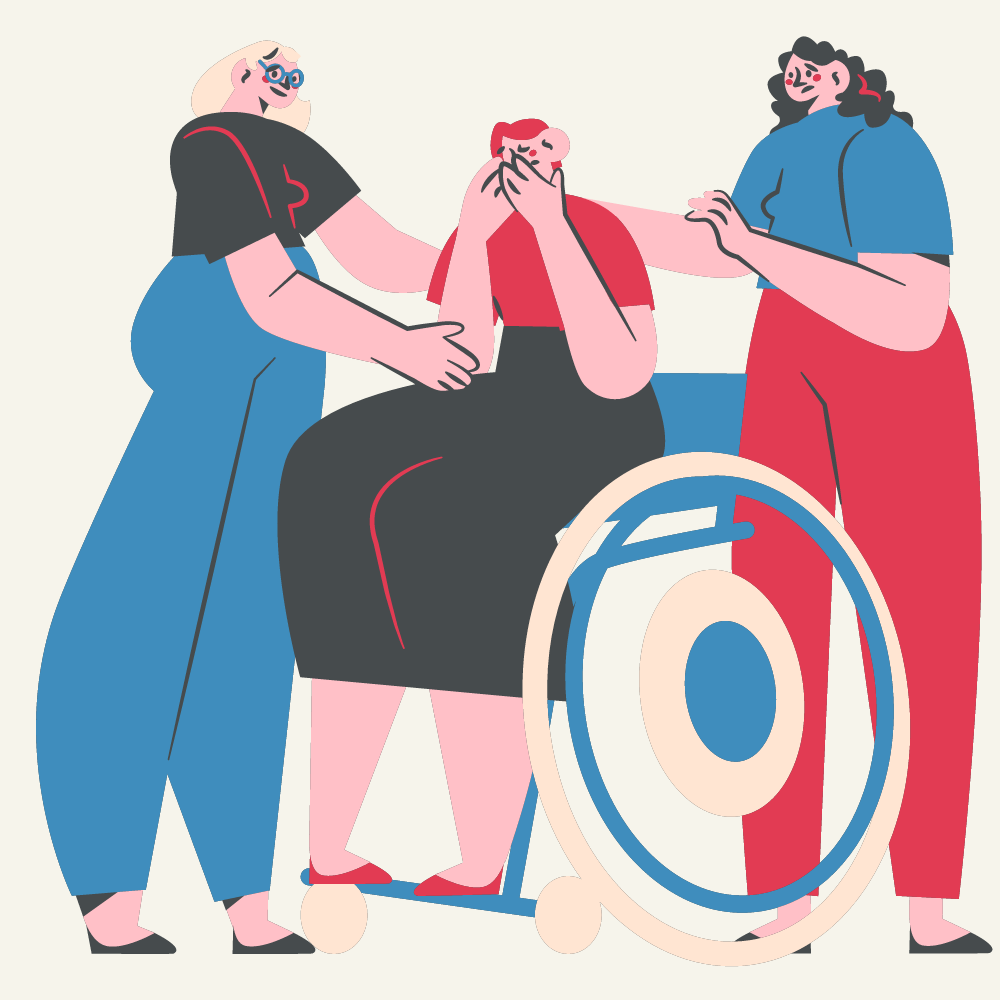
Talk to people
Talking to people is another excellent way to cultivate compassion and empathy. When we talk to people, we get to know them and understand their experiences. People go through many things that are hard to even think of, and they need someone who can understand their shortcomings in detail.

Meditate
When we meditate, we focus on our breath and let go of all our thoughts. This helps us to be present at the moment and be aware of our thoughts and feelings. Additionally, meditation can help us to be more responsive to the thoughts and feelings of others. What does this tell you? Meditation plays a vital role in cultivating compassion and empathy.
Practicing Empathy and Compassion
At this point, we can all agree on one thing; empathy and compassion are the keys to unlocking human connection, understanding other people’s feelings, and curing our broken world. It is crucial for both individuals and leaders because it helps them understand where others’ heads are at to create a more peaceful society among their followers or family members.
In a study conducted by SAGE on sympathy, empathy, and compassion, they noted down the following:
“Practicing compassion enhances the key facets of empathy while adding distinct features of being motivated by love, the altruistic role of the responder, action, and small, supererogatory acts of kindness.”
From it, I tend to ask, do empathy and compassion have something to do with love?
“When gratitude fuels your ambition, it becomes an effortless journey, but when ambition drives gratitude, a sense of lacking never really leaves you. What you have is love when you have compassion, gratitude, and humility. These three are the primary constituents of love. Every other variation may be an attachment or an obsession.”
The value of love by Swami
A Deeper Thought on Empathy and Compassion
Listening is the best way I have found that empathy and compassion can be used effectively. You don’t need to have all the answers to someone’s problems, but just being there for them and allowing them to unload everything on their minds can be a load off of their shoulders.
The second way empathy can help is by validating someone’s feelings. So often, we are told to “get over it” or “it’s not that bad” when it is very bad for that person. Telling them that you understand their feelings and that their feelings are warranted a long way. Be a loving and empathetic person.
Lastly, sometimes people need a hug. People suffering from anxiety or depression often need human contact to feel better. Something as simple as a hug can change someone’s day. Be kind!

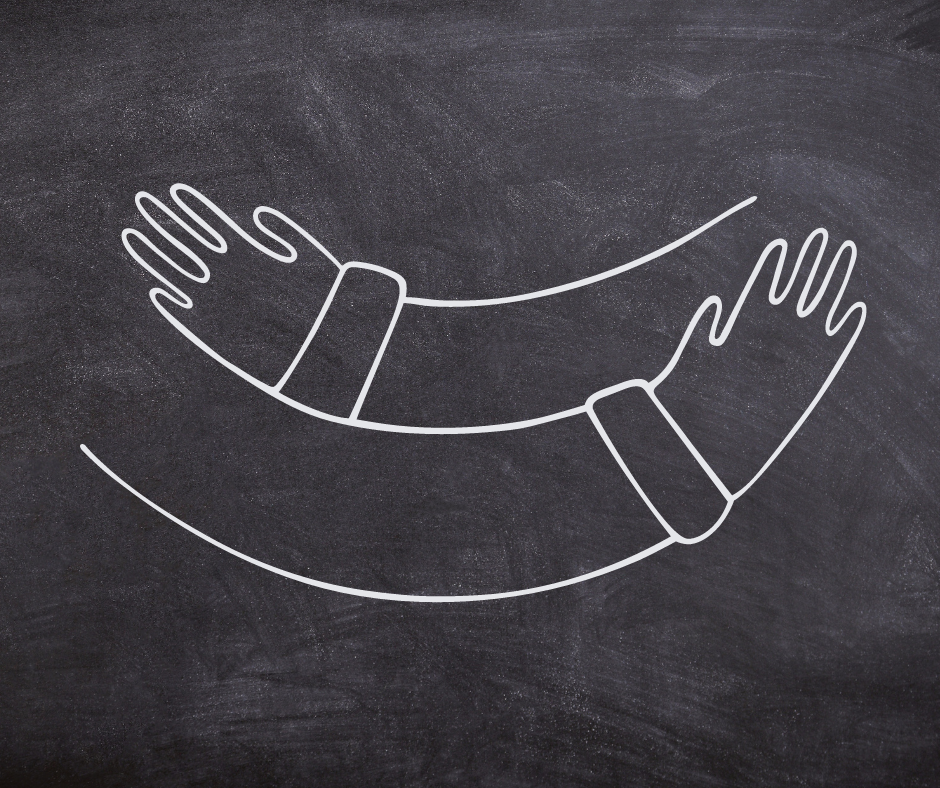
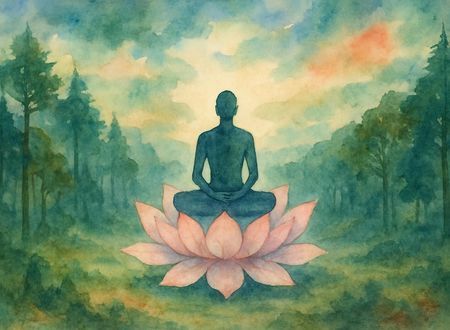
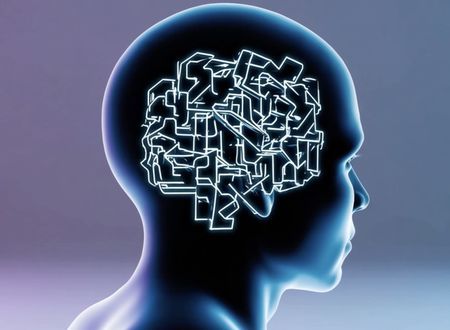





Comments & Discussion
0 COMMENTS
Please login to read members' comments and participate in the discussion.